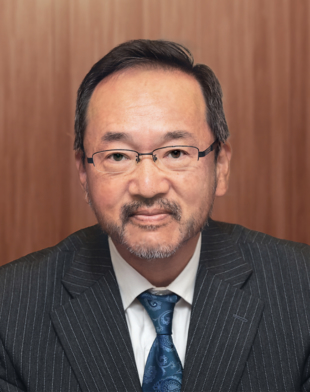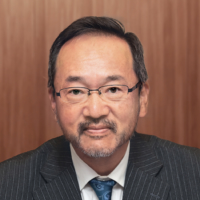
The close relationship shared between Hungary and Japan is founded on a friendship that has been cultivated for over 150 years. This close affinity has enabled both countries to lay a solid foundation to support the strong economic relations between our countries.
Soon after the change of regime in Hungary in 1989, Japan began supporting Hungary with regard to the reformation of the new economy. This was facilitated by official development assistance, such as the construction of sewage and heating systems in Varpalota, and support for improving water quality in Lake Balaton until Hungary’s accession to the European Union in 2004.
Magyar Suzuki was the earliest to invest among foreign firms, and many Japanese companies followed suit and started to build highly reliable supply chains in Hungary. Today, there are more than 170 Japanese corporations operating in Hungary, the most extensive representation from any Asian country.
In terms of export profit by foreign-owned companies, Japan ranks third among countries that have invested in Hungary and Japanese companies continue to play a valuable role in Hungary’s robust export-driven economy.
Hungarian sweet corn, goose liver, acacia honey and a variety of wine and quality feather products are exported to Japan and are well-known in its market. Pharmaceutical products, such as medicine and bandages, are also gaining market share in Japan.
Recently, the Hungarian government began focusing on research and development in the area of automated driving by building a test course. The Visegrad Group (V4), consisting of the Czech Republic, Poland, Slovakia and Hungary, is also involved in the planned V4 high-speed railway, and more technical collaborations between the V4 group countries are expected in the future.
With its robust labor force (in comparison with other EU countries), high-quality craftsmanship, low business costs and handy location within easy reach of neighboring European markets, Hungary will remain a key investment destination for Japanese companies.
Supporting insights
“Hungary plays a key role in the global operations of Nissin Foods. We export 90% of our production to over 20 mainly European markets.” — Aya Kurata, director, Nissin Foods Kft.
“With strong support from the Hungarian government, Hungary has attracted many Japanese companies and has benefitted from these investments in the country.” — Toru Suehiro, general director,
Japan External Trade Organization, Budapest
Read the full interview together with insights from other business leaders on Hungary-Japan relations here:
https://bit.ly/HUJP-bridges




